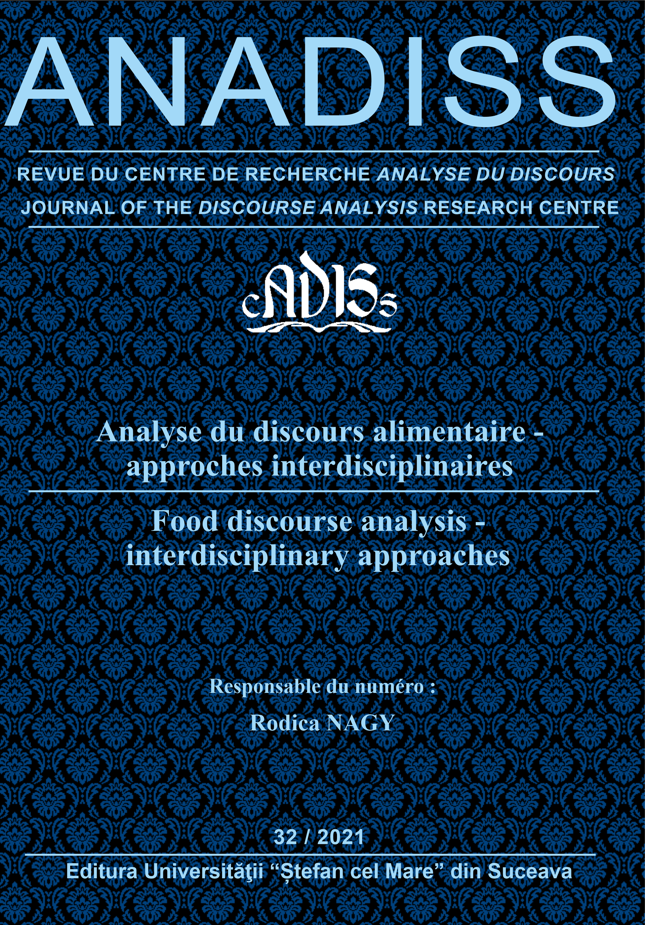CROYANCES, RELIGIONS ET COUTUMES DANS LE DISCOURS SUR L’ALIMENTATION CHEZ LES WOLOF
BELIEFS, RELIGIONS AND CUSTOMS IN WOLOF FOOD DISCOURSE
Author(s): Adjaratou Oumar Sall, Mamadou DraméSubject(s): Language and Literature Studies, Applied Linguistics
Published by: UNIVERSITATEA »ȘTEFAN CEL MARE« SUCEAVA
Keywords: food; attitudes; beliefs; culture; discourse; Wolof;
Summary/Abstract: Food is initially considered to be an act of nutrition, but it is also a means of retracing social and cultural representations. It can therefore be accompanied by rites, symbols that are invented to ensure socialization and belonging to the group. In Wolof society, which is predominantly Muslim, custom and religion still play a big role in food, regardless of religion. This cultural and social aspect of food is however expressed in words through language and therefore necessarily has a linguistic side. The rites, symbols and affects evoked and perceived in the diet and in Wolof culture in general, are, in fact, verbalised through words carrying meaning; it is necessary to know how to dissect them so as not to defy the prohibitions and to arouse gods’ wrath. Many words related to food are thus the subject of proverbs, sayings grouped under the term léebu in Wolof, as well as legends and beliefs which provide a great deal of information on social representations.
Journal: ANADISS
- Issue Year: 17/2021
- Issue No: 32
- Page Range: 129-146
- Page Count: 18
- Language: French

